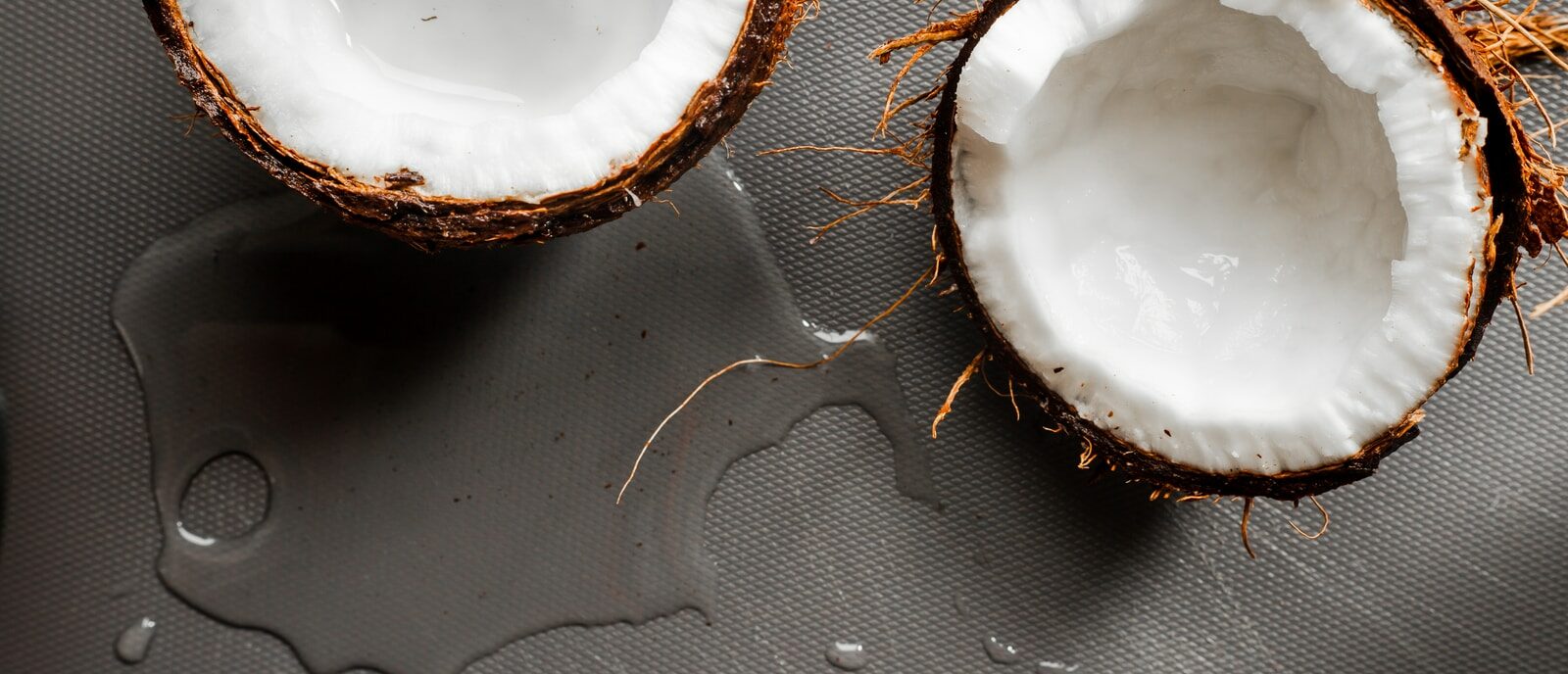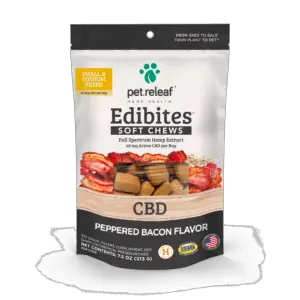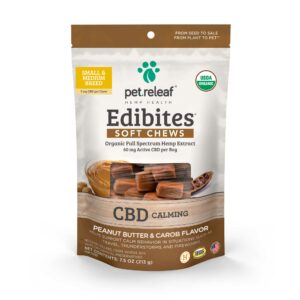
Key points
- Coconut oil is a superfood that can benefit your cat in several ways. It has anti-inflammatory, anti-viral, antifungal, and antibacterial properties, which help with different skin conditions, inflammation, prevent hairballs, improve digestion, and boost the immune system.
- Coconut oil is safe for cats with chronic illnesses such as pancreatitis and liver disease. In fact, it helps to relieve the symptoms and alleviate the severity of these conditions.
- It’s recommended to start by giving your cat ¼ to ½ teaspoon of coconut oil, but you can also start with as little as ⅛ teaspoon and gradually increase the amount if necessary. Be careful, as too much coconut oil can cause obesity and diarrhea in cats.
- Coconut oil has a high calorie and fat content, so owners of overweight cats should give it with caution.
Coconut oil is a natural “superfood” that can benefit both humans and pets, and its popularity has increased rapidly in the last few years. Many pet owners are using coconut oil for their cats, but does coconut oil have the same benefits for cats as it does for humans? Can we use it as a dietary supplement for our felines? We discuss how coconut oil can benefit your cat and underline some concerns regarding this product in this article.

Table of Contents
Benefits of Coconut Oil
Natural coconut oil provides many significant health benefits for cats:
Supports Skin And Coat Health
Coconut oil is a perfect natural moisturizer for dry skin, and you can give it to your cat both topically and orally. Coconut oil is perfect not only for treating dry skin but also for preventing it. It effectively kills different parasites such as fleas, ticks, and mange, as these organisms can’t withstand coconut oil due to its high-fat content. This product also has antimicrobial and anti-inflammatory effects, so it helps heal inflamed skin and prevents different infections from occurring. Coconut oil is a great natural alternative for many conventional medicated shampoos.

Coconut oil can be applied topically to address rashes, bites, burns, and sore spots directly. It also soothes the skin and has potent antioxidant properties. In addition, the high content of lauric acid in the product determines its antibacterial, anti-viral, and antifungal properties. That’s why coconut oil can also be used to treat different infections caused by viruses and bacteria both from inside and outside.
If you decide to give your cat coconut oil orally, it will promote healthy fur and skin due to its high vitamin E content, which is essential for healthy skin and hair growth. Vitamin E in the oil also boosts the immune system and helps protect your body from oxidative stress.
Dr. Jeffrey Stupine, VMD and head veterinarian for wellness at the Pennsylvania SPCA, confirms that his colleagues have reported that coconut oil effectively treats dermatitis. Still, he doesn’t recommend giving your cat coconut oil regularly.
Prevents Hairballs
By improving the quality of your cat’s coat, coconut oil also reduces the amount of shedding, making your cat less prone to developing hairballs. It also helps with inflammation that occurs in the respiratory tract after your cat vomits hairballs. Additionally, coconut oil improves digestion and makes it easier for the cat to eliminate hairballs.
Helps With Inflammation

Lauric acid is a saturated fat found in many vegetable oils, particularly in coconut oil. This oil is exceptionally high in lauric acid, as it makes up around 45-53% of its composition. Many people use lauric acid for medical purposes since it has many health benefits, including treating viral infections and reducing inflammation in the digestive system and the entire body.
It’s not a secret that senior cats often struggle with different inflammatory diseases, and age makes cats more prone to joint inflammation and arthritis. Coconut oil helps to ease the inflammation symptoms, fills cats with energy, and improves their mobility.
Improves Digestion
Natural anti-inflammatory, anti-viral, antifungal, and antibacterial properties of coconut oil also contribute to the general health of the digestive system, improve bad breath, heal minor digestive system injuries, and prevent chronic inflammation. In addition, due to its potent antimicrobial properties, lauric acid can kill harmful bacteria and parasites in your cat’s digestive system.
Coconut oil is also high in medium-chain fatty acids (MCFAs), which can help ease the digestion process by helping the body to absorb the nutrients and vitamins from food more efficiently. These fatty acids act as an instant energy source, too, and many studies have shown that they can significantly contribute to weight loss.
Helps With Gingivitis
Gingivitis is a mild form of gum disease which causes your cat’s gums to become inflamed. Coconut oil treats this condition due to its anti-inflammatory properties and relieves pain and discomfort that your feline may experience. For a better effect, apply coconut oil directly to your cat’s gums.
Immune System Boost
Coconut oil protects your cat from getting bacterial and viral infections and makes your feline less prone to developing different allergic reactions and many other illnesses. In addition, lauric acid contained in the oil can effectively relieve allergy symptoms. This acid also boosts the immune system and makes it easier for your cat’s body to fight off infection and disease.
Can Coconut Oil Treat Chronic Illnesses?
Many pet owners mistakenly believe that coconut oil can cause several dangerous health conditions such as liver disease and pancreatitis due to its high-fat content. But this is not true. On the contrary, coconut oil can reduce the symptoms often associated with these conditions, including inflammation and swelling.
But remember that if your pet has any chronic conditions, you need to administer coconut oil to it very carefully and monitor the cat’s reactions and overall condition. Before trying any new products, it’s important to do some research and consult with your vet.
Coconut Oil And Liver Diseases
The liver is one of the organs that experience a lot of pressure daily since its job is to detoxify the body, build proteins, produce bile which is essential for digestion, secrete hormones, and perform many other tasks that ensure homeostasis and proper functioning of the body.
Two things that can interrupt the liver’s normal functioning are viruses and free radicals. But if you give your cat coconut oil daily, it will contribute to the pet’s general liver health and protect against liver degeneration caused by free radicals.
Once your cat ingests coconut oil, medium-chain fatty acids (MCFAs) contained in it are immediately transported to the liver, where they help to eliminate harmful viruses that can cause infection or hepatitis. These compounds also prevent tissue injury, lower the risk of free radical damage, and protect the liver from degeneration.
MCFAs can be safely given to animals with biliary disease since they don’t need bile to be processed.
Coconut Oil and Pancreatitis
There are two types of saturated fats present in coconut oil: long-chain triglycerides and medium-chain triglycerides (MCTs). These molecules are more healthy than long-chain triglycerides. These two types of fats are processed very differently in human and animal bodies, so let’s have a closer look at both of them.
Before they can be processed, long-chain fats need to be mixed with bile which is released by the gallbladder. After this, pancreatic enzymes will help break down long-chain fats in the digestive system.

Medium-chain triglycerides (MCTs) need neither bile nor pancreatic enzymes to be successfully absorbed by the body. As soon as they reach the intestine, MCTs diffuse into the bloodstream and get transported directly to the liver. The liver then converts them to energy-producing ketones.
That’s why animals that suffer from chronic pancreatitis and other fat malabsorption conditions tolerate MCTs very well. MCTs are also often recommended for cats that don’t tolerate other forms of fats to increase their calorie intake.
Coconut oil can also help felines absorb all the fat-soluble vitamins, which makes this product very useful for cats that struggle to keep down foods or medications given by mouth due to certain illnesses.
How To Give Coconut Oil For Cats
Dr. Anna Gardner, a holistic veterinarian in Washington, says that coconut oil should be introduced to cats gradually, as any other new product. She claims that some cats can have an allergic reaction to it, and giving too much coconut oil at once can cause diarrhea.
Gardner recommends giving ¼ to ½ teaspoon once or twice a day to an average-sized cat. Some vets also recommend starting with ⅛ teaspoon daily. Gardner says that you should start with small amounts and adjust the portion as necessary. Also, pet owners who want to use coconut oil as a hairball remedy should give the product less often, just a few times a week.
Gardner notes that coconut oil can be given directly since a lot of cats like its taste. If, however, your cat is a picky eater, try mixing coconut oil with a tablespoon or two of highly flavored canned cat food.
Avoid giving coconut oil to overweight cats since the product has a high calorie and fat content.
When shopping, opt for cold-pressed, virgin, or extra-virgin coconut oil, as these manufacturing processes help preserve the most nutrients contained in coconut oil.
Coconut Oil Alternatives
If your cat doesn’t tolerate coconut oil, there are plenty of alternatives that you can offer your feline. and topical olive oil are good substitutes for coconut oil, but it’s better to use them together to maximize the content of fatty acids. Fish oil also contains Omega-3 fatty acids that are not present in coconut oil. You can give your cat salmon, anchovies, and krill to enrich its diet with fish oil.
Olive oil can be applied topically to soften the skin, but it doesn’t have anti-inflammatory effects. The benefits of these products overlap with coconut oil, but they are not identical.
FAQ
Is coconut oil toxic to cats?
No, coconut oil is a perfectly safe addition to feline diets, and its consumption can benefit cats in numerous ways. But keep in mind that any diet change, new supplements, or medications can affect your cat’s health condition.
How do I give my cat coconut oil?
You can give your cat coconut oil orally or topically starting with very small doses (about ⅛ teaspoon). Observe your cat’s reaction, and don’t give too much oil at once because it is very high in fat and calories and can cause obesity.
Can I give my cat refined coconut oil?
Yes, refined coconut oil is safe for cats and has no adverse effects on these animals. If, however, you give your pet too much oil at once, your feline may experience vomiting and diarrhea.
Is coconut oil OK for cats’ skin?
Yes, coconut oil is very beneficial for cat skin and fur and can be applied topically.
Can you use coconut oil on cats for fleas?
Yes, coconut oil can be used as a home remedy for fleas since it has potent antifungal properties and eliminates parasites such as mange, fleas, and ticks.






